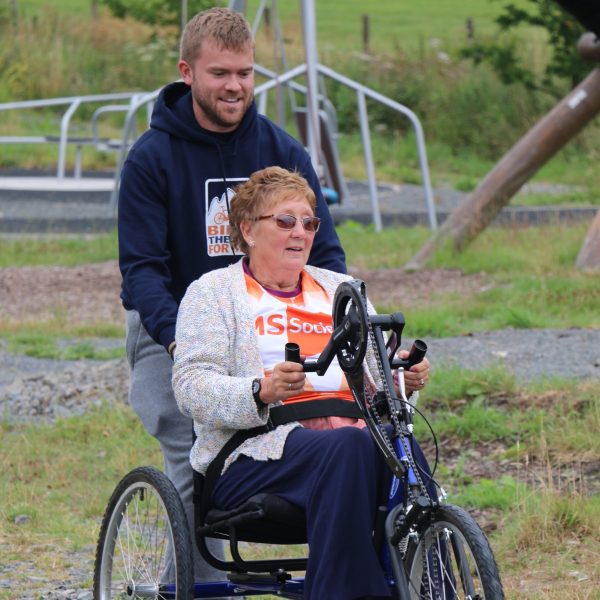
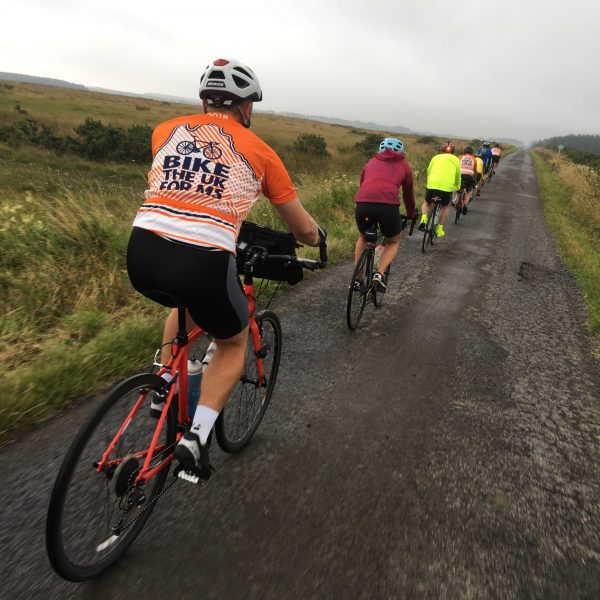
What is MS?
Multiple sclerosis (or MS) is a chronic, often disabling disease that attacks the central nervous system (CNS), which is made up of the brain, spinal cord, and optic nerves.
Symptoms may be mild, such as numbness in the limbs, or severe, such as paralysis or loss of vision. The progress, severity, and specific symptoms of MS are unpredictable and vary from one person to another.
Today, new treatments and advances in research are giving hope to people affected by the disease.
We Ride To
Support research to find a cure for MS.
Support treatment for those living with the disease right now.
Hand deliver funds to MS Society Groups across the country.
Raise awareness about MS while we travel the country.
Volunteer
Meet MS Society groups throughout the ride and volunteer with them on rest days.
Provide Financial Assistance
Support local MS Society groups across the country
Fund Research & National Projects
Support research projects to help #StopMS and national projects such as the MS Helpline.
Provide Direct Financial Assistance.
By partnering with the MS Society we help fund local support groups
Home Modifications
Ramps, accessible bathroom modifications, stair lifts
Mental Health Needs
Support for mental health needs
Independent Living
Power chairs, Bioness devices
Physical Health Needs
Gym memberships, exercise session
Emergency Assistance
Unforeseen emergency situations
MS Helpline
Advice on medication, finding local support and understanding the diagnosis
Vehicle Modifications
Adaptive vehicle modifications
Wellness Programs
Support services
Fund Research Projects.
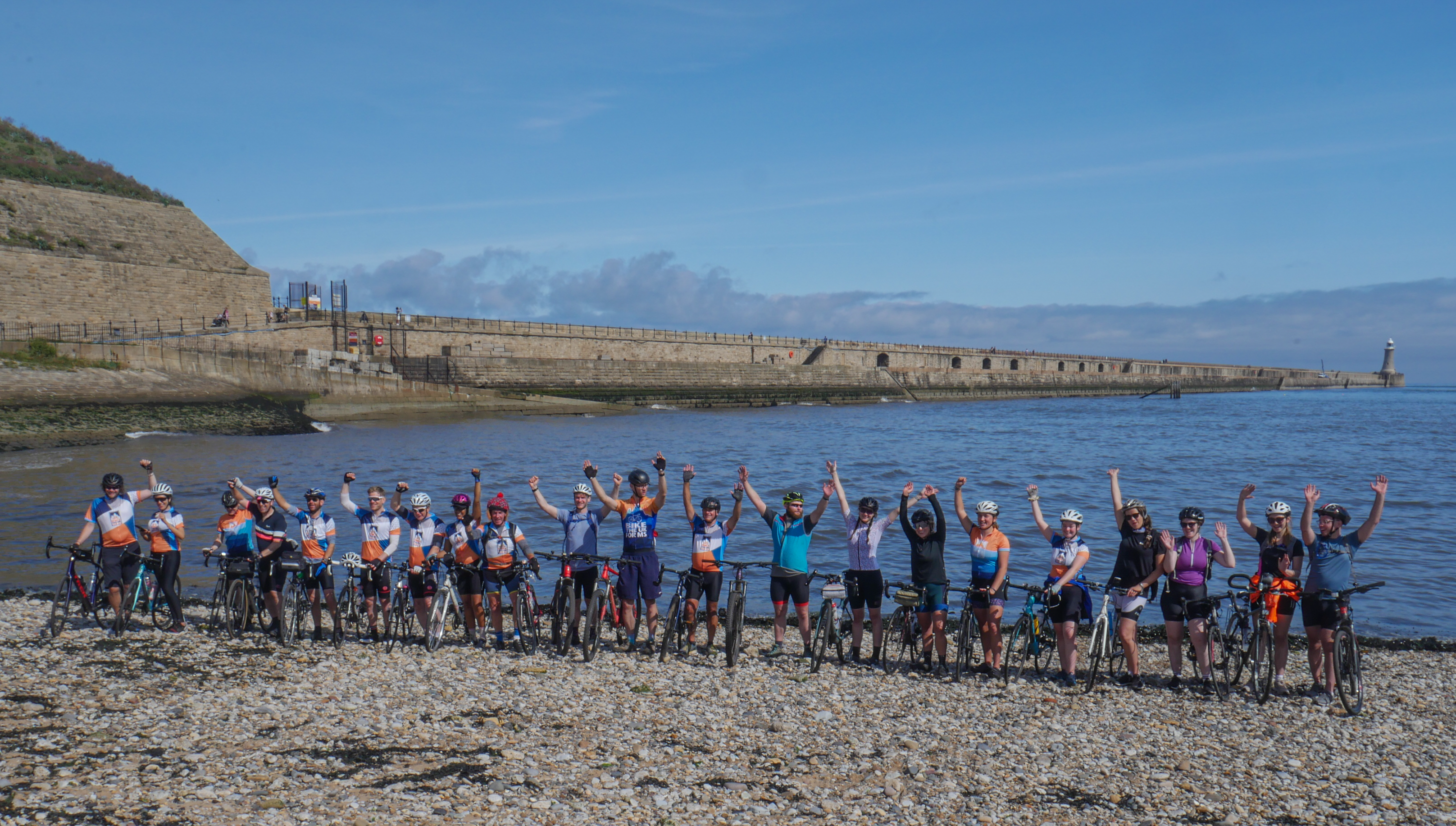
University College London
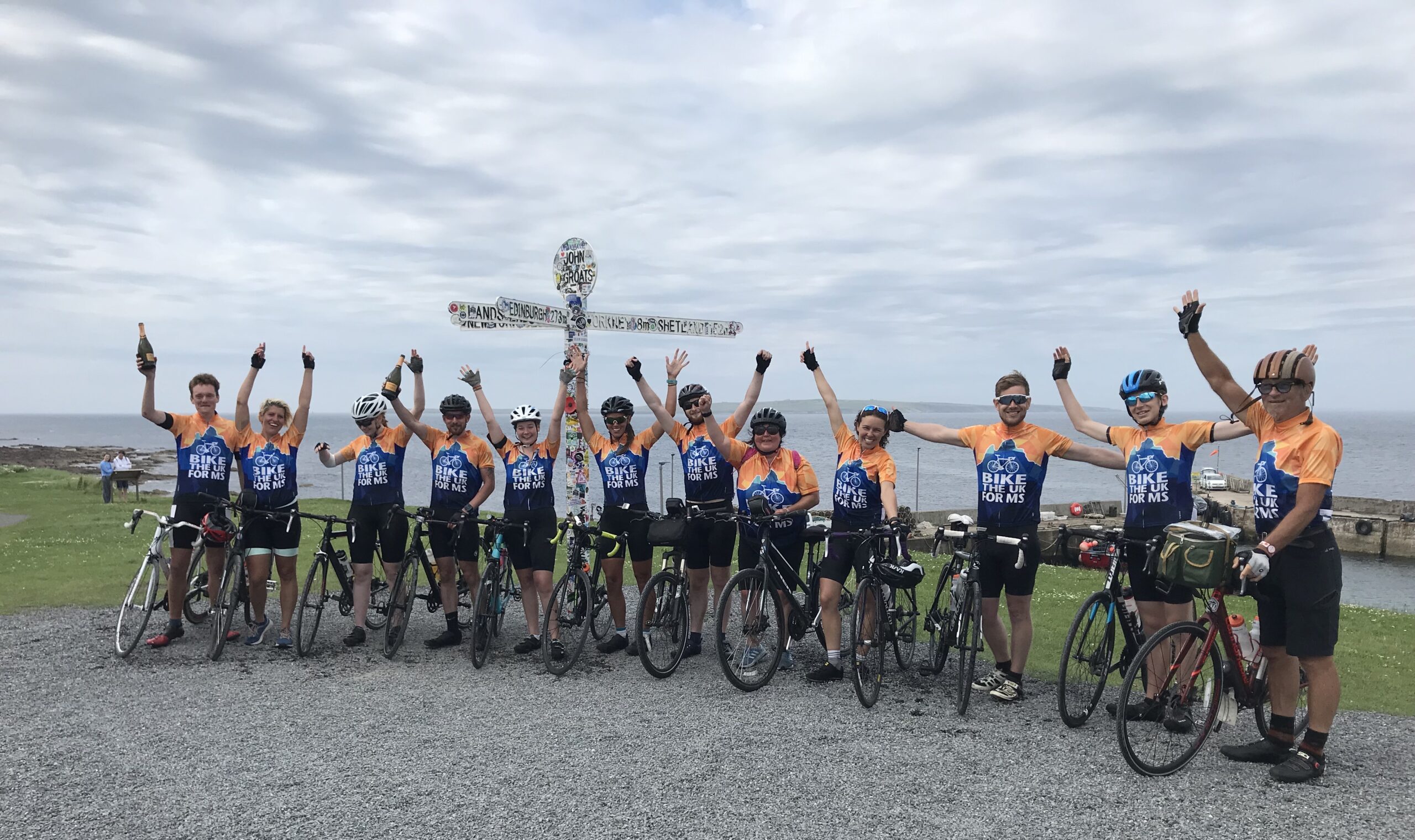
University of Cardiff
In 2019, funding was put towards research by Professor Monica Busse into ways to help people with progressive MS get physically active. It is well known that physical activity and exercise are important in MS, helping to improve mobility, cognition and reducing fatigue. The project was to examine the optimum needs of individuals with progressive MS and develop and test a new web-based lifestyle programme called LEAP-MS.
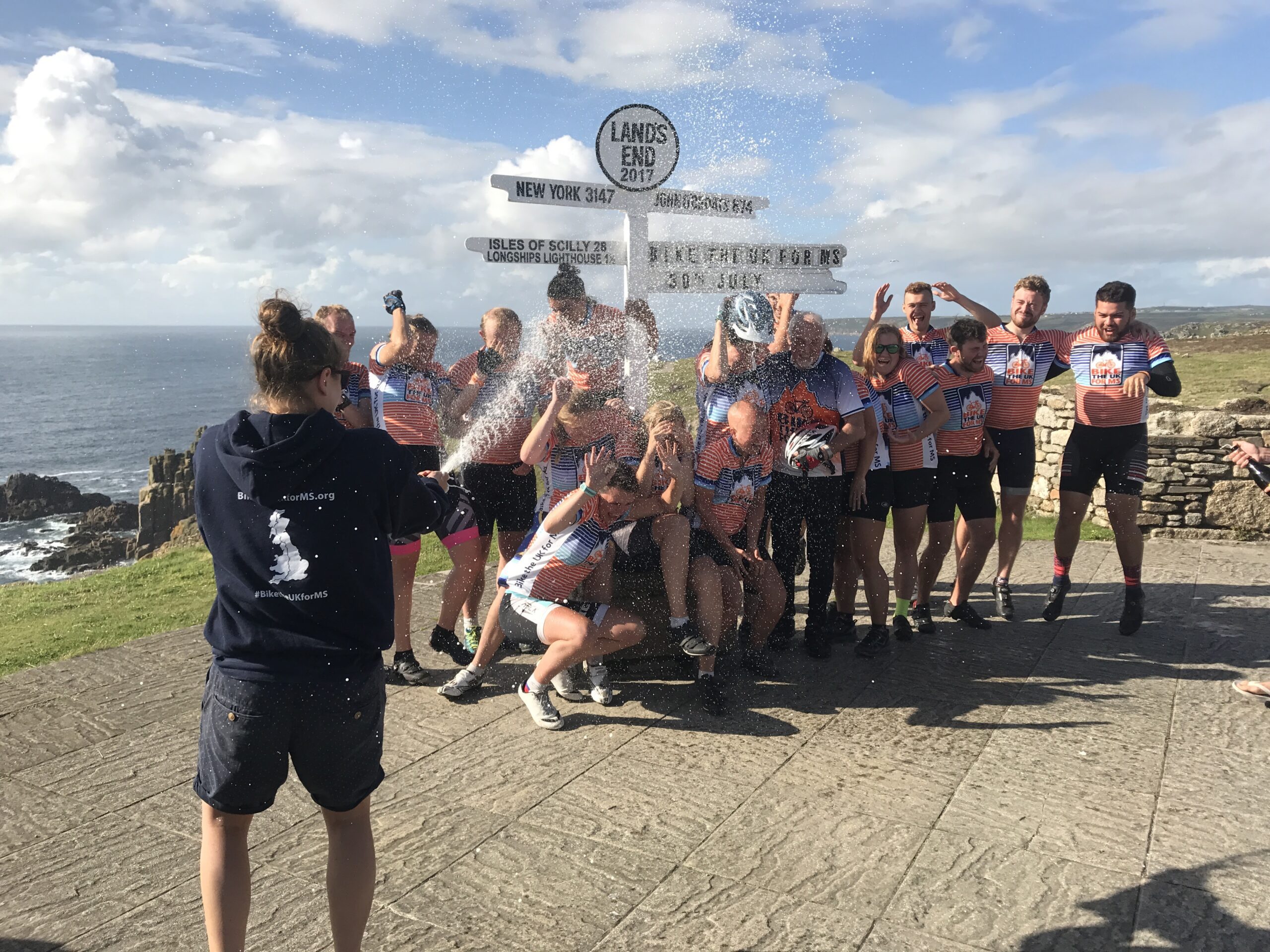
University of Bristol
In 2017 and 2018 we helped fund research carried out by Dr Alistair Wilkins at the University of Bristol. The MS Society have decided reducing the uncertainty around MS progression is one of their top priorities and so the project is to see if cerebrospinal KIF levels can predict MS progression. The researchers want to develop a new way of measuring nerve damage which could lead to better predicting how someone’s MS could progress.







